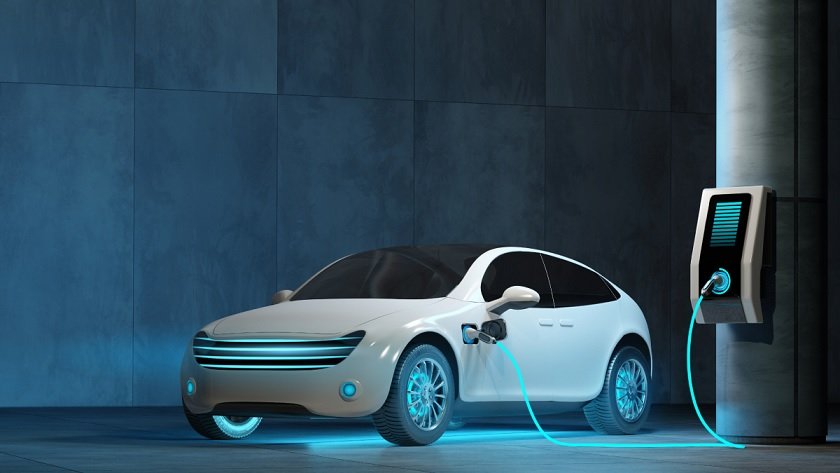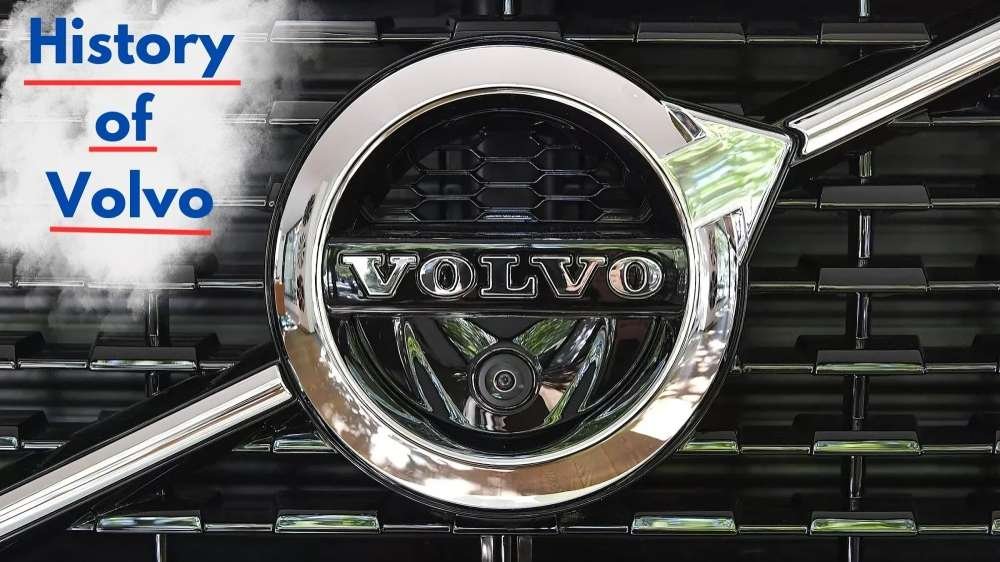The automobile has long been a symbol of progress, freedom, and innovation. From the first mass-produced Model T to the sleek, tech-loaded vehicles of today, cars have defined entire eras of transportation. But in recent years, a seismic shift has begun. A new contender is accelerating onto the scene—electric vehicles (EVs)—promising cleaner energy, lower emissions, and a reimagined future of mobility.
The Evolution of the Automobile
For over a century, the automobile industry has run on fossil fuels. Gasoline and diesel engines powered the rise of personal transportation, reshaped cities, and created global supply chains. Automakers like Ford, Toyota, and General Motors became household names, and car culture became deeply embedded in societies around the world.
But this reliance on internal combustion engines came at a cost: pollution, carbon emissions, and increasing dependence on oil. As concerns about climate change intensified, the need for a cleaner alternative became impossible to ignore.
Enter the Electric Vehicle
Electric vehicles aren’t new—the first EV prototypes actually date back to the 1800s—but it wasn’t until the 21st century that they began to compete with traditional cars on performance, price, and practicality. Spearheaded by innovators like Tesla, EVs have gone from niche to mainstream in just over a decade.
Modern EVs offer zero tailpipe emissions, instant torque, lower maintenance costs, and the ability to be powered by renewable energy sources. Governments around the world are pushing adoption through tax incentives, infrastructure investment, and increasingly strict emission regulations.
The Industry Response: A Race to Electrify
Legacy automakers are no longer sitting idle. Companies like Ford, Volkswagen, BMW, and Honda are pouring billions into electric mobility. Some have committed to phasing out internal combustion engines entirely within the next two decades. The industry is undergoing a transformation reminiscent of the early days of mass production—fast, disruptive, and global.
Even startups and tech companies are getting involved. Rivian, Lucid Motors, BYD, and NIO are emerging as serious players, each offering their take on the electric future. Meanwhile, companies like Apple and Xiaomi are rumored to be developing their own smart EVs, blurring the line between auto manufacturing and consumer electronics.
Infrastructure and Innovation
The success of EVs depends not only on the vehicles themselves but also on the supporting infrastructure. Charging networks are expanding rapidly, with ultra-fast chargers reducing “refueling” times to under 30 minutes. Battery technology is improving too—becoming more efficient, less expensive, and more sustainable.
Innovations like solid-state batteries, wireless charging, vehicle-to-grid (V2G) systems, and autonomous driving are no longer science fiction. They are rapidly entering real-world testing and, in some cases, consumer markets.
Challenges Ahead
Despite the momentum, challenges remain. The EV transition depends heavily on access to rare earth minerals, which raises environmental and ethical concerns. Charging accessibility in rural or underserved areas is still limited, and grid infrastructure must evolve to handle increased demand.
Affordability is another hurdle. While EV prices are falling, they remain out of reach for many consumers without subsidies. Education and awareness are crucial in debunking myths and showing the practical benefits of going electric.
The Road Ahead
The automotive industry is not simply transitioning to electric—it is being redefined. Cars are becoming software platforms on wheels, connected to the internet, able to update over-the-air, and increasingly integrated with smart cities and energy systems.
Whether through hybrid bridges or fully electric transformations, the road ahead is clear: sustainability is no longer optional. It’s the next standard.
Conclusion
Automobiles and electric vehicles are not in opposition—they are part of a continuum of innovation. As the world faces unprecedented environmental and economic challenges, the shift to EVs represents not just a change in technology, but a shift in philosophy: from ownership to sustainability, from pollution to progress, and from tradition to transformation.
The engine of the future doesn’t roar—it hums.



